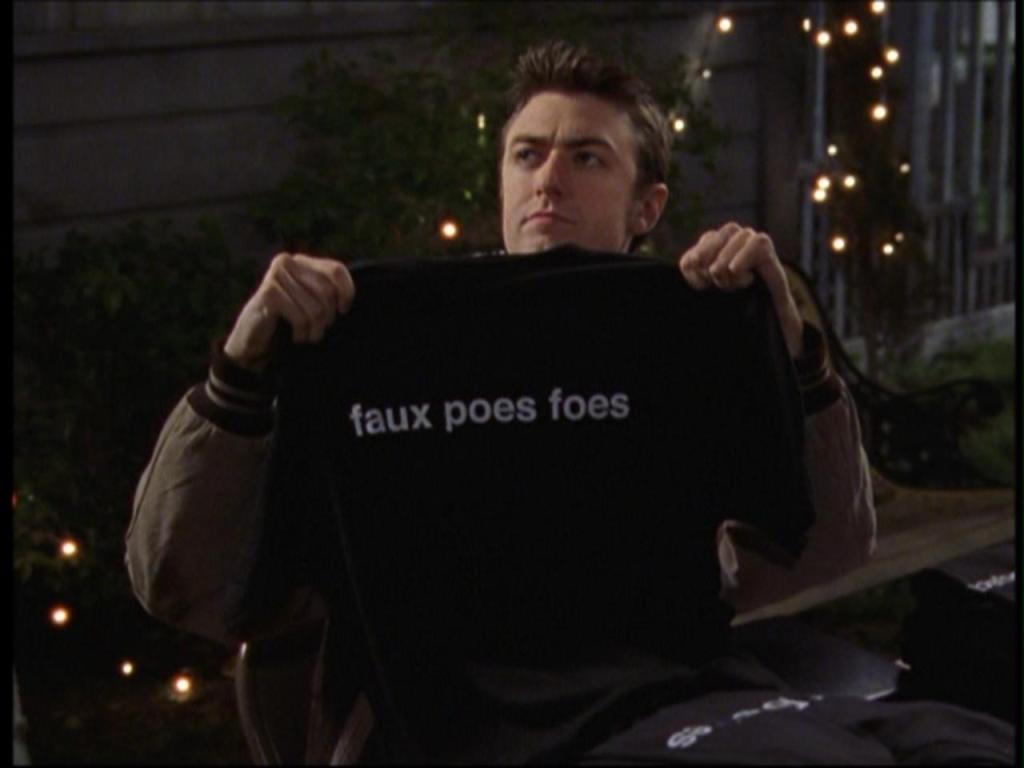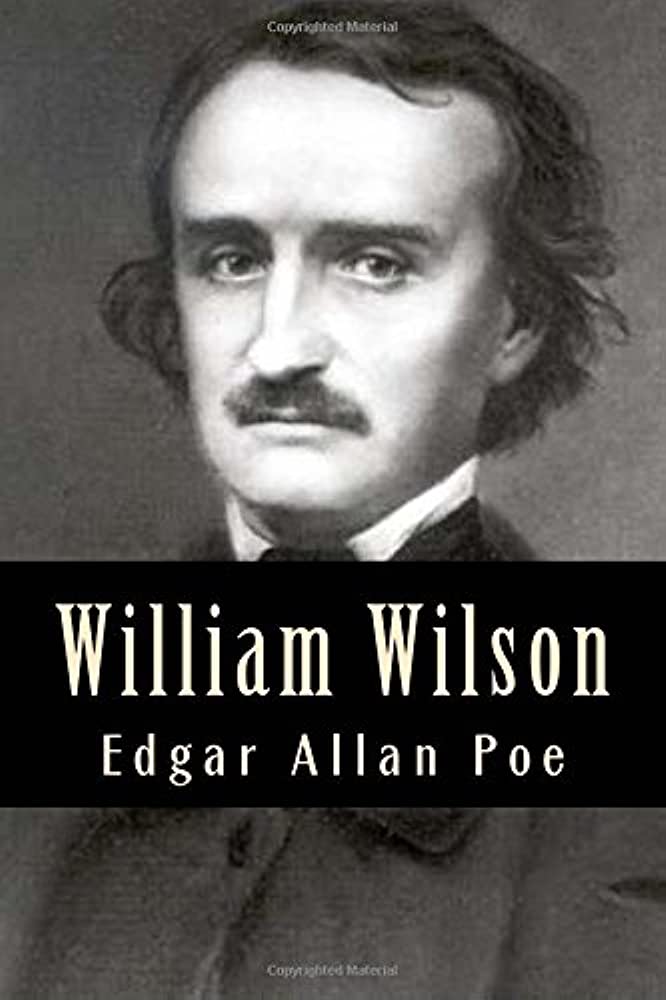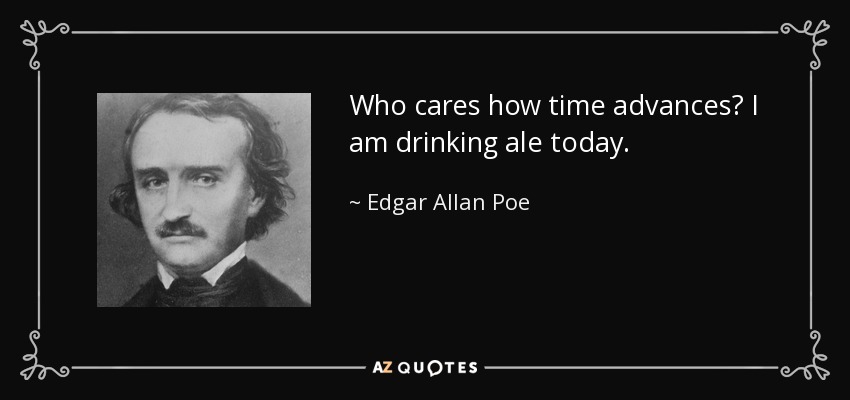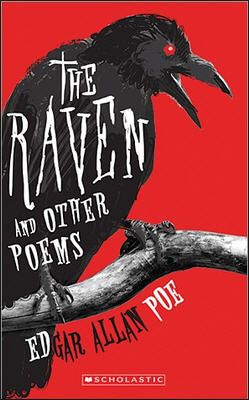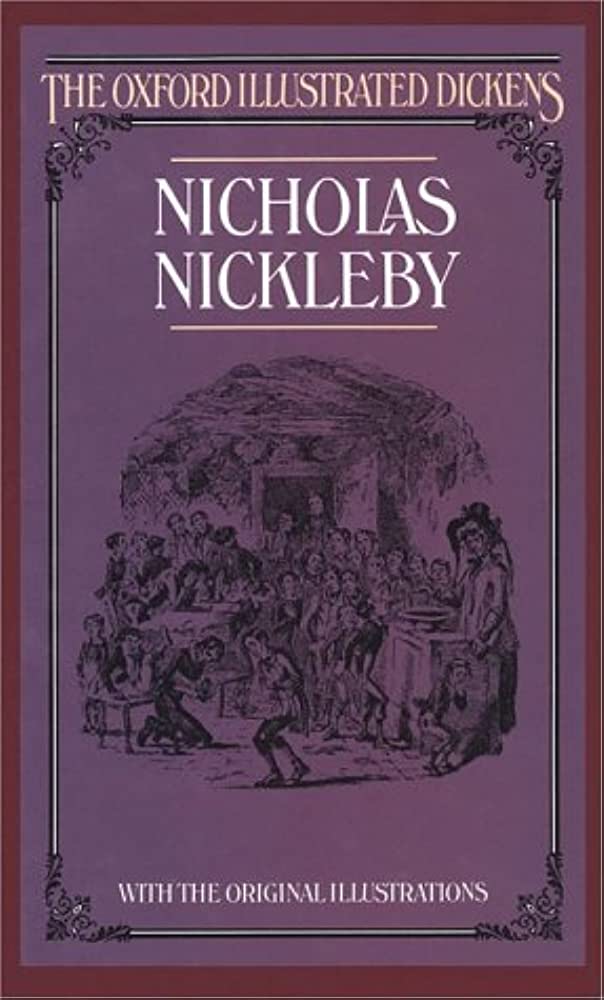
RORY: But I’m not done collecting my data yet.
LORELAI: You have a document the length of Nicholas Nickleby here. Looks like you’re done.
Nicholas Nickleby, 1839 novel by Charles Dickens. It is about an honest, naïve young man who must support his mother and sister after the death of his father. It is 344,652 words long, or about 800 pages.
Lorelai is the first person to notice that there are many more pros for Yale than Harvard or Princeton on Rory’s pro/con list.


